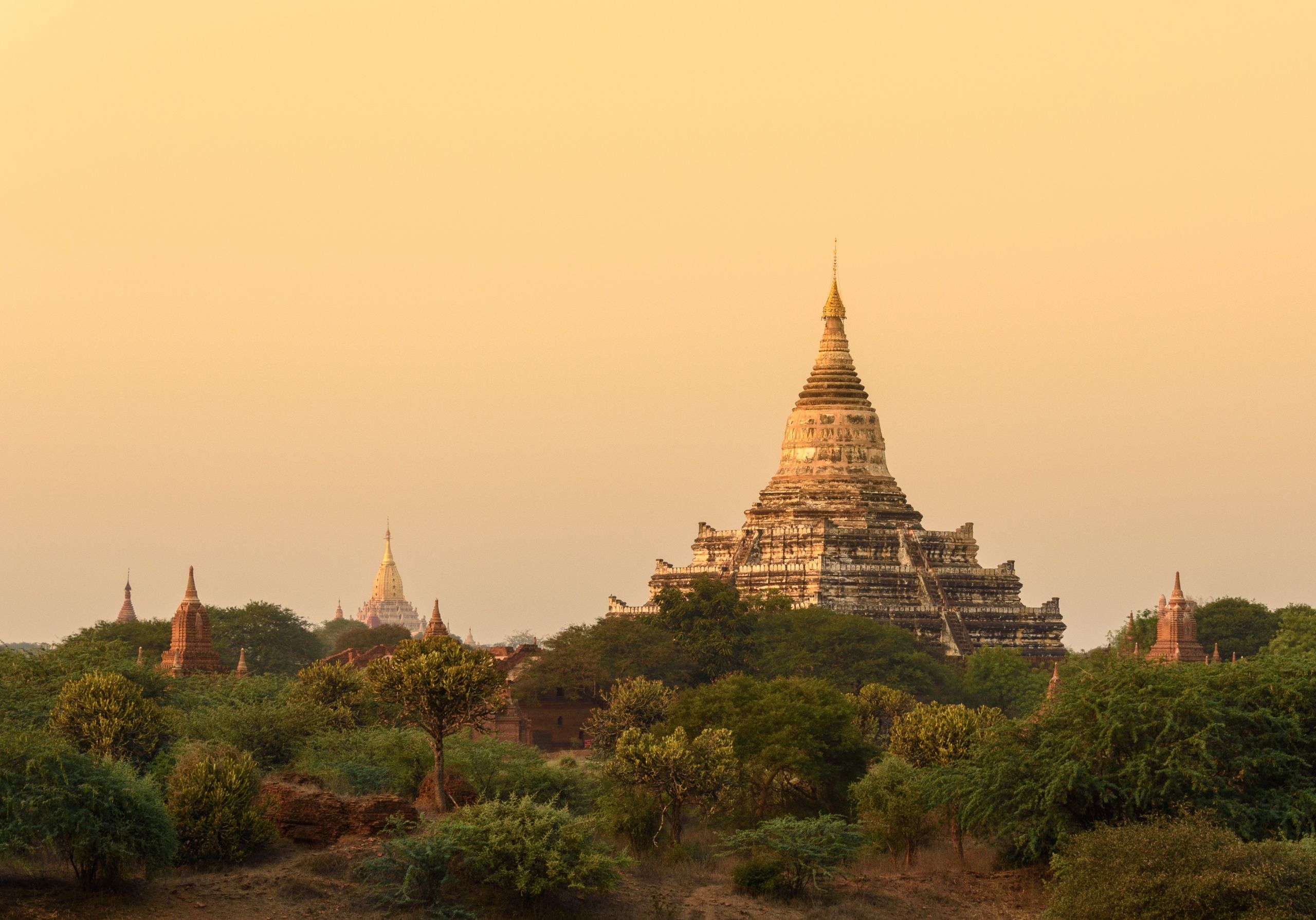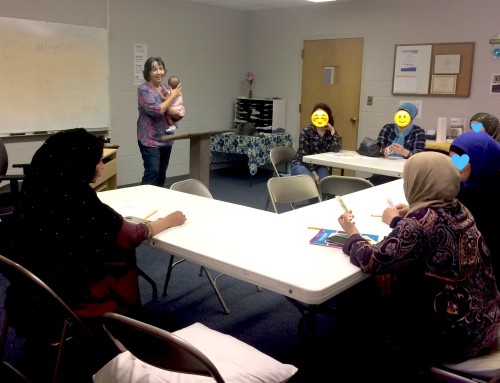Buddhism (an overview)
Buddhism is non-theistic. There is no belief in a higher power and holding on to such a belief is thought to keep one from achieving enlightenment. Enlightenment is achieved not by learning the doctrines of Buddha but by following the Eightfold Path. This Path is concerned with three things: morality ( 3-5 below), spiritual discipline (6-8), and insight (1-2)
The Eightfold Path:
- Right View or Right Understanding: Insight into the true nature of reality
- Right Intention: The unselfish desire to realize enlightenment
- Right Speech: Using speech compassionately
- Right Action: Using ethical conduct to manifest compassion
- Right Livelihood: Making a living through ethical and non-harmful means
- Right Effort: Cultivating wholesome qualities and releasing unwholesome qualities
- Right Mindfulness: Whole body-and-mind awareness
- Right Concentration: Meditation or some other dedicated, concentrated practice
Keep in mind that the idea of “right” is not necessary a moral right vs wrong. It really means the ideal or most balanced choice. The Eightfold Path are not commandments, but guidelines to help the follower find the middle way of life. The middle way is walked by a lifestyle that is carefully balanced, and thoughtfully pursued.
The foundation of Buddhism is the Four Noble Truths:
- The truth of suffering (dukkha)
— all things in life are temporary and therefore should not be seen as things worth trying to hold on to. - The truth of the cause of suffering (samudaya)
— the attachment to what we desire causes suffering - The truth of the end of suffering (nirhodha)
— through diligent practice, we can put an end to desire and thus suffering. - The truth of the path that frees us from suffering (magga)
— practicing the Eightfold path is the only way to escape suffering
Buddhist do believe in rebirth, but more as a punishment for not reaching enlightenment than as a series of upward steps to enlightenment (that is a more Hindu view). To reach enlightenment you must find your own way to understand the Four Noble Truths and follow the Eightfold path. The teachings of Buddha can set you in the right direction but you have to find your own way there.
How Theravada Buddhism is different.
Theravada Buddhism is the prevalent form of Buddhism in Myanmar (formerly Burma) and Thailand. It is both a religious and political identifier and greatly influences the cultures of both of those countries. This sect of Buddhism was likely brought to Myanmar and Thailand by Sri Lankan monks.
Theravada Buddhists follow all of the above teachings and are the most traditional sect. They believe that only the early writings of Gautama Buddha teach the true way and any who follow other teachings are off the Path. They reject rituals and imagery as distraction and believer each person must follow the Path on their own without assistance from a higher power. This lack of guidance often leads the average Theravada believer to add spirit worship and animism as a part of their cultural religious day to day life. They would be chastised by the monks for this, but it is usually ignored.
Most Theravada towns do have a monastery as a large part of their community. The monks are provided with their daily needs by the towns people in exchange for their spiritual guidance. Monks are not allowed to demand, much less ask for these provisions but it is somewhat expected that the town will care for them. All boys are urged from an early age to become novices with the hope that they will eventually become monks. Living as a monk is really the only hope they have of reaching a state of nirvana.
Potential Cultural Potholes
Some Theravada Buddhists are vegetarian, so you may want to ask about that before inviting them for a meal. It can also be considered an insult to touch another’s head (the most sacred part of the body) or to sit with you feet pointed at them (the least sacred part). It can also be seen as rude to eat food in front of others without also offering some to them. You should also accept any food offered to you.
Now What?
We’ve had a growing number of people from Myanmar as part of our programs here and while they come from a variety of religious backgrounds and languages, we thought we’d like to know a bit more about their culture. So we put this together to help you (and us!) not feel so intimidated! If you’d like to volunteer with us in Nashville, check out our Nashville Page!




